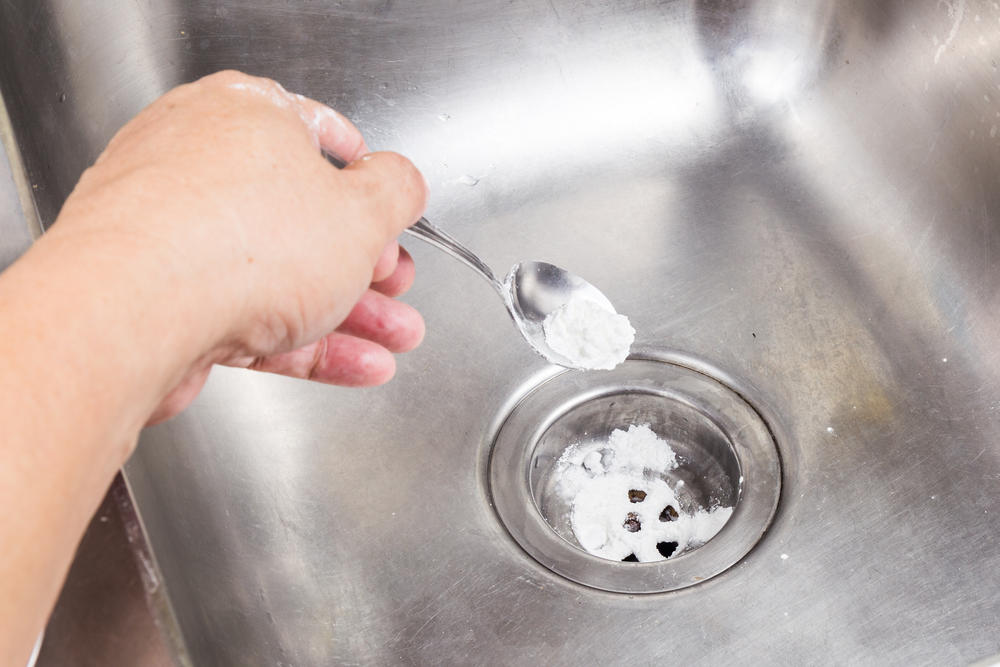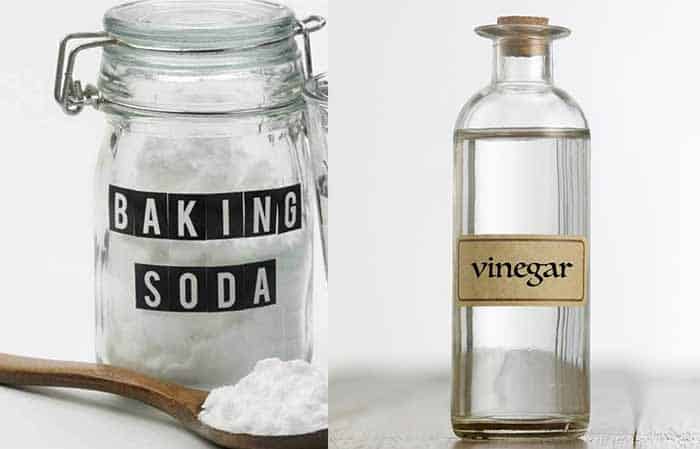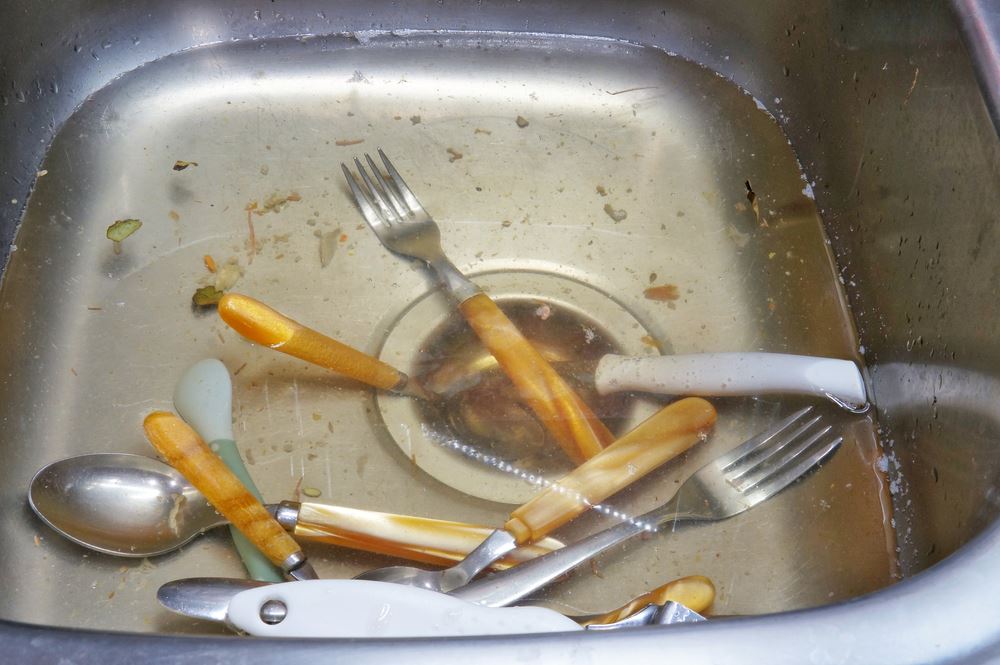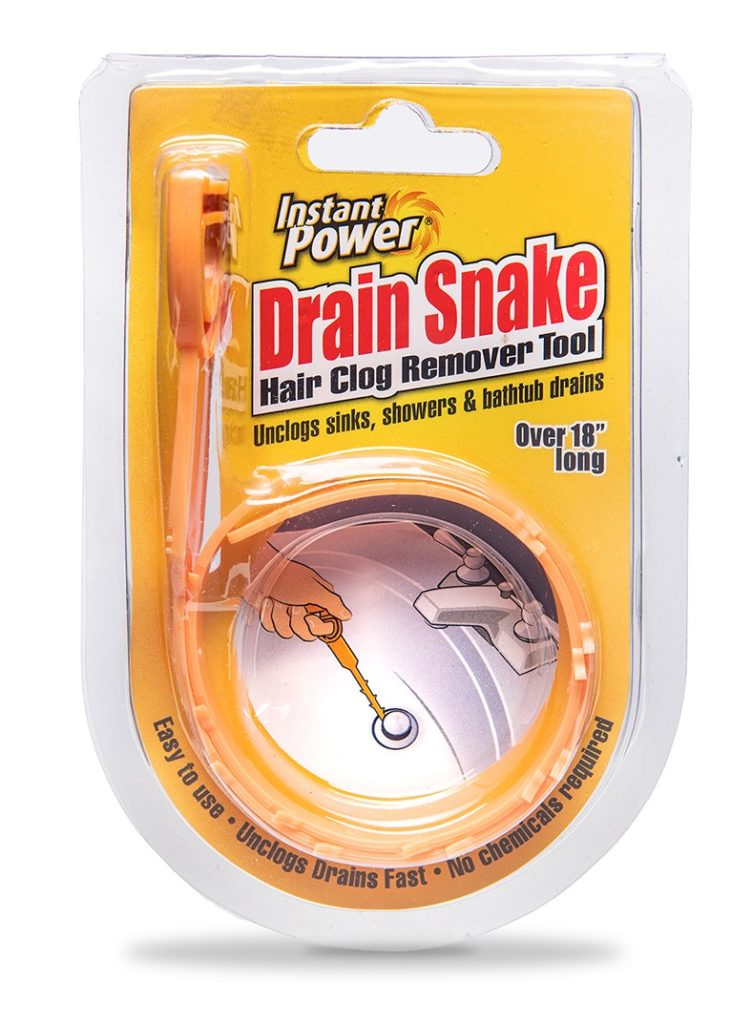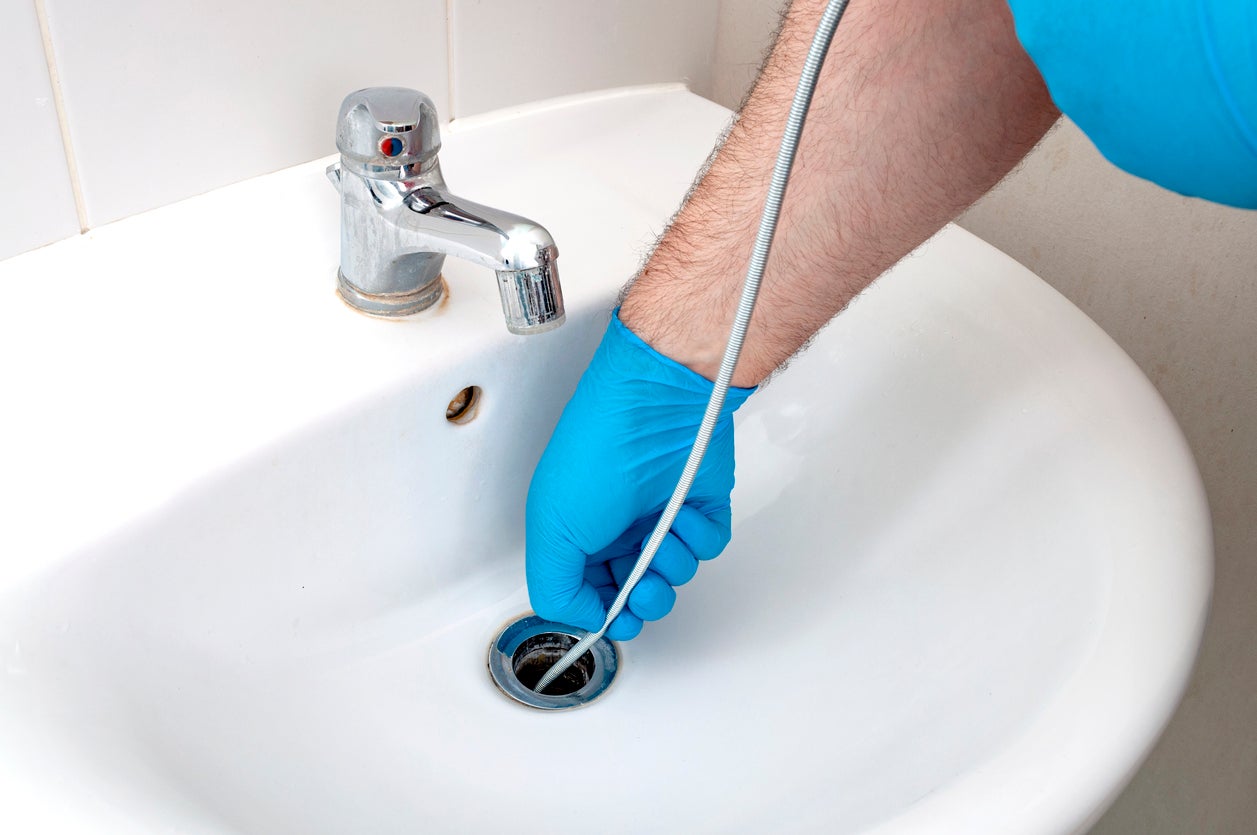If your kitchen sink is draining really slowly, it can be frustrating and inconvenient. Luckily, there are several solutions that can help you unclog your sink and get the water flowing freely again. From simple DIY methods to identifying and fixing common causes, here are the top 10 ways to unclog a kitchen sink.Unclog a Kitchen Sink
Before you start trying to unclog your kitchen sink, it's important to understand the potential causes of the problem. A slow-draining sink can be caused by a variety of factors, such as food debris, grease buildup, or a clogged P-trap. By identifying the source of the issue, you can determine the best method for fixing it.How to Fix a Slow-Draining Kitchen Sink
When it comes to unclogging a kitchen sink, there are several methods you can try. One of the most popular and effective options is using a plunger. Simply place the plunger over the drain and push and pull vigorously to create suction and dislodge the blockage. Other methods include using a drain snake, pouring hot water down the drain, or using a mixture of baking soda and vinegar.5 Ways to Unclog a Kitchen Sink
If you prefer to try a DIY solution before calling a plumber, there are a few options you can try. One method is to pour a cup of baking soda down the drain, followed by a cup of vinegar. Let it sit for a few minutes before flushing it with hot water. You can also try using a combination of salt and hot water or using a wire hanger to manually remove any debris from the drain.DIY Solutions for a Slow-Draining Kitchen Sink
Understanding the common causes of a slow-draining kitchen sink can help you prevent the issue from happening in the future. One of the most common causes is food debris and grease buildup. If you frequently pour grease down your sink, it can solidify and clog your pipes. Another common cause is a clogged P-trap, which is a curved pipe under your sink that traps debris and prevents it from entering your main drain.Common Causes of a Slow-Draining Kitchen Sink
If your kitchen sink is completely clogged and none of the DIY methods are working, it may be time to call a plumber. A professional plumber will have the tools and expertise to effectively clear a clogged kitchen sink. They may use a plumbing snake or hydro jetting to clear the blockage and get your sink draining properly again.How to Clear a Clogged Kitchen Sink
Once you've successfully unclogged your kitchen sink, there are a few simple tricks you can use to keep it draining smoothly. For starters, avoid pouring grease and food debris down your sink. Instead, scrape your plates into the trash or compost bin before washing them. You can also use a mesh drain cover to catch any food particles and prevent them from entering your pipes.Simple Tricks to Speed Up a Slow-Draining Kitchen Sink
Baking soda and vinegar are a popular and effective combination for unclogging a kitchen sink. The chemical reaction between the two ingredients creates a foaming action that can help break down and dissolve blockages. This method is safe for your pipes and can be used as a preventative measure to keep your sink draining properly.Using Baking Soda and Vinegar to Unclog a Kitchen Sink
If you're facing a slow-draining kitchen sink, you may be wondering whether a plunger or a drain snake is the better option. The truth is, it depends on the cause of the blockage. A plunger is great for removing surface debris and clearing minor clogs, while a drain snake is more effective for reaching deeper clogs and removing them from your pipes.Plunger vs. Drain Snake: Which is Better for a Slow-Draining Kitchen Sink?
The best way to deal with a slow-draining kitchen sink is to prevent it from happening in the first place. By being mindful of what you put down your sink and regularly cleaning your drains, you can prevent buildup and clogs. You may also want to invest in a garbage disposal to help grind up food particles before they enter your pipes.Preventing a Slow-Draining Kitchen Sink in the Future
Kitchen Sink Draining Really Slowly? Here's What You Can Do

Common Causes of Slow Kitchen Sink Drainage
 Having a slow-draining kitchen sink can be a frustrating and inconvenient problem. Not only does it make washing dishes and preparing food more difficult, but it can also lead to unpleasant odors and even potential clogs. But what exactly causes a kitchen sink to drain slowly?
One of the most common culprits is a clogged drain. Over time, food scraps, grease, and other debris can build up in the pipes, causing a blockage that restricts the flow of water. Another common cause is a faulty or clogged garbage disposal. If the blades are dull or there is debris stuck in the disposal, it can slow down the drainage of your sink.
Having a slow-draining kitchen sink can be a frustrating and inconvenient problem. Not only does it make washing dishes and preparing food more difficult, but it can also lead to unpleasant odors and even potential clogs. But what exactly causes a kitchen sink to drain slowly?
One of the most common culprits is a clogged drain. Over time, food scraps, grease, and other debris can build up in the pipes, causing a blockage that restricts the flow of water. Another common cause is a faulty or clogged garbage disposal. If the blades are dull or there is debris stuck in the disposal, it can slow down the drainage of your sink.
Simple Solutions for Slow-Draining Sinks
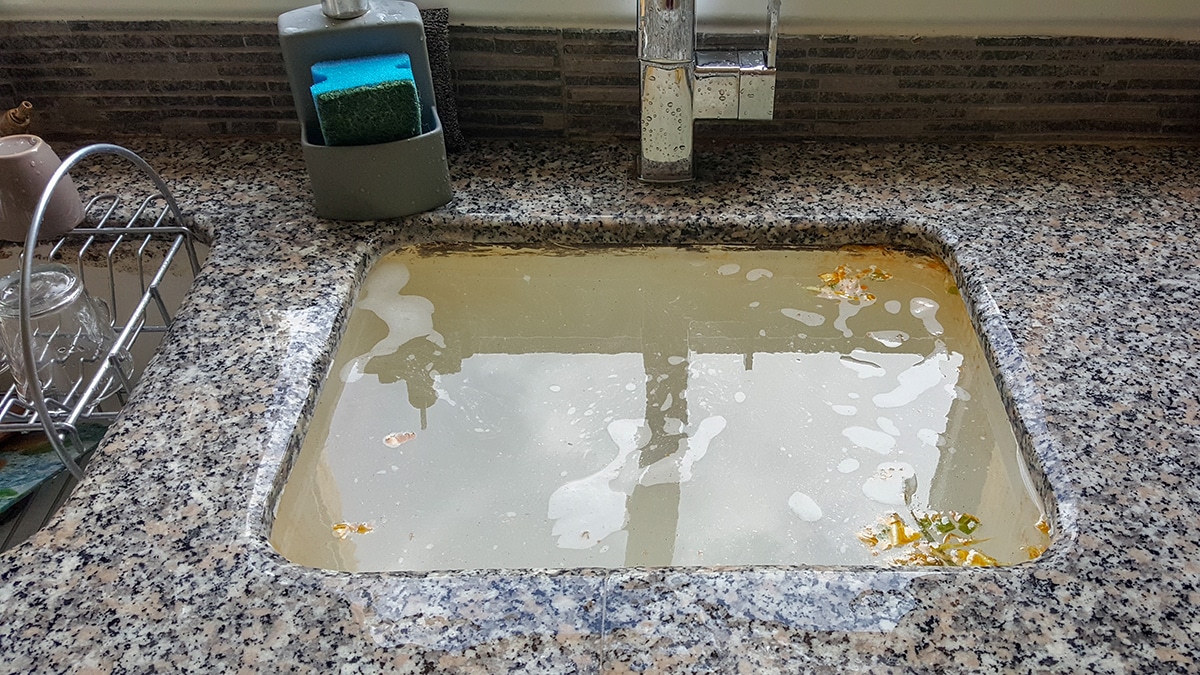 Before calling a professional plumber, there are a few simple solutions you can try to fix a slow-draining kitchen sink. The first and most obvious step is to use a plunger. Fill the sink with water and place the plunger over the drain, creating a seal. Then, push and pull the plunger up and down to create suction and dislodge any debris or clogs.
If the plunger doesn't work, you can try using a natural drain cleaner. Mix equal parts baking soda and vinegar and pour it down the drain, followed by hot water. The chemical reaction between the two ingredients can help dissolve any buildup in the pipes. Additionally, pouring boiling water down the drain can also help loosen and flush away any debris.
Before calling a professional plumber, there are a few simple solutions you can try to fix a slow-draining kitchen sink. The first and most obvious step is to use a plunger. Fill the sink with water and place the plunger over the drain, creating a seal. Then, push and pull the plunger up and down to create suction and dislodge any debris or clogs.
If the plunger doesn't work, you can try using a natural drain cleaner. Mix equal parts baking soda and vinegar and pour it down the drain, followed by hot water. The chemical reaction between the two ingredients can help dissolve any buildup in the pipes. Additionally, pouring boiling water down the drain can also help loosen and flush away any debris.
Preventing Slow-Draining Sinks
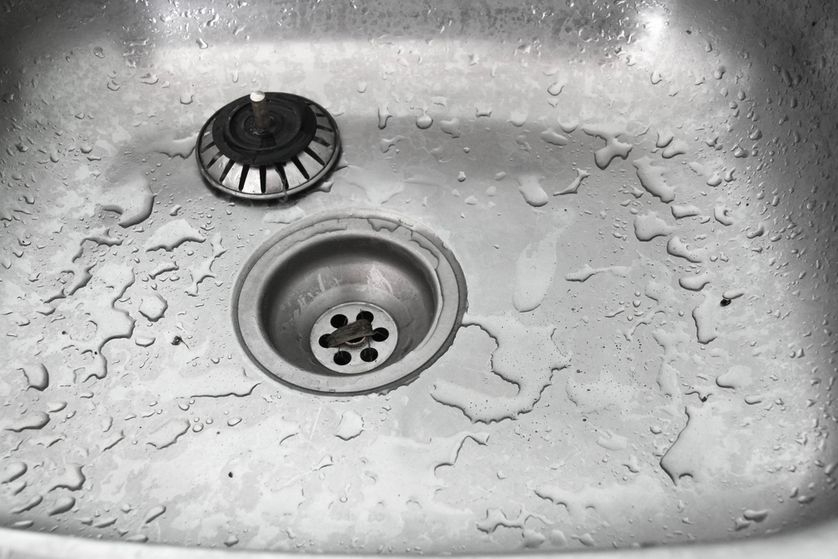 While these solutions can provide a temporary fix, it's important to take preventative measures to avoid a slow-draining kitchen sink in the first place. One way to do this is to avoid pouring grease, oil, and food scraps down the drain. Instead, dispose of them in the trash or compost.
You can also install a drain strainer to catch any food particles and prevent them from going down the drain. Regularly cleaning the garbage disposal and running hot water down the drain after each use can also help prevent buildup.
While these solutions can provide a temporary fix, it's important to take preventative measures to avoid a slow-draining kitchen sink in the first place. One way to do this is to avoid pouring grease, oil, and food scraps down the drain. Instead, dispose of them in the trash or compost.
You can also install a drain strainer to catch any food particles and prevent them from going down the drain. Regularly cleaning the garbage disposal and running hot water down the drain after each use can also help prevent buildup.
When to Call a Professional
 If these solutions do not work or if you notice other plumbing issues, it may be time to call a professional plumber. They can use specialized tools and techniques to clear out any stubborn clogs and ensure that your kitchen sink drains properly.
In conclusion, a slow-draining kitchen sink can be caused by various factors, but it's important to address the issue as soon as possible to prevent further complications. By following these tips and taking preventative measures, you can keep your kitchen sink draining smoothly and efficiently.
If these solutions do not work or if you notice other plumbing issues, it may be time to call a professional plumber. They can use specialized tools and techniques to clear out any stubborn clogs and ensure that your kitchen sink drains properly.
In conclusion, a slow-draining kitchen sink can be caused by various factors, but it's important to address the issue as soon as possible to prevent further complications. By following these tips and taking preventative measures, you can keep your kitchen sink draining smoothly and efficiently.
/plumber-unclogging-kitchen-sink-169270382-5797a9355f9b58461f27f024.jpg)






:max_bytes(150000):strip_icc()/how-to-unclog-a-kitchen-sink-2718799_sketch_FINAL-8c5caa805a69493ab22dfb537c72a1b7.png)
















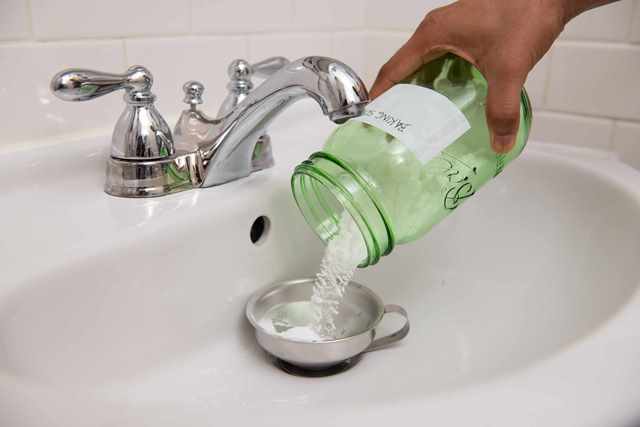
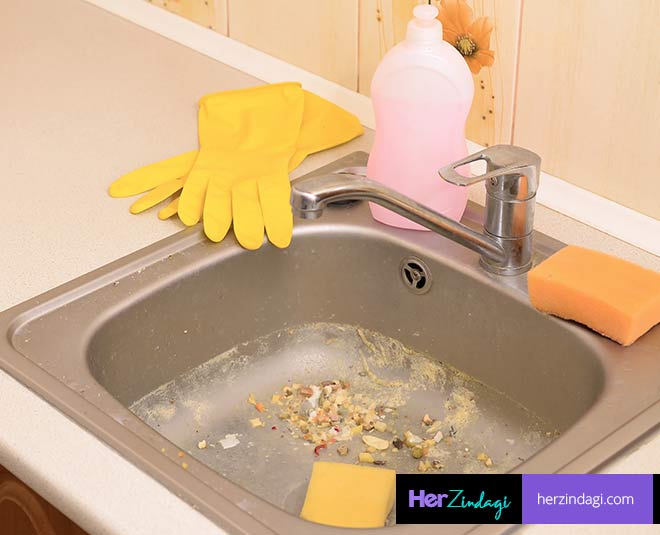


















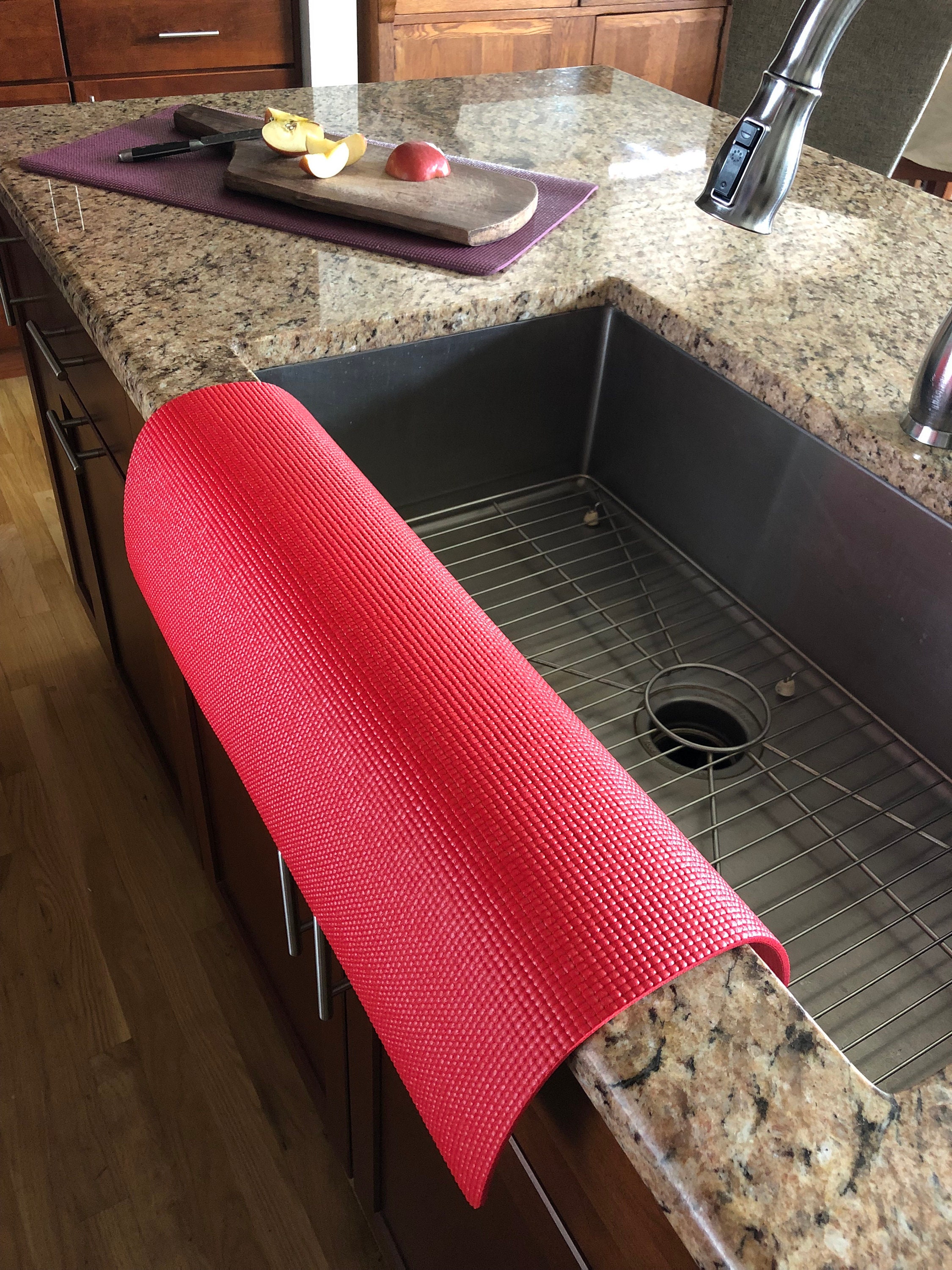


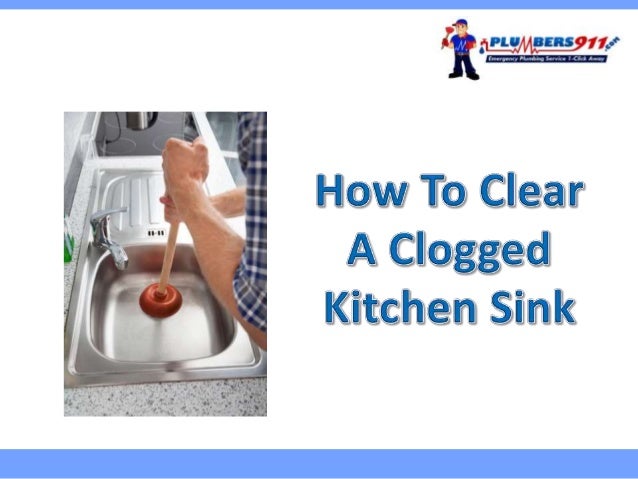








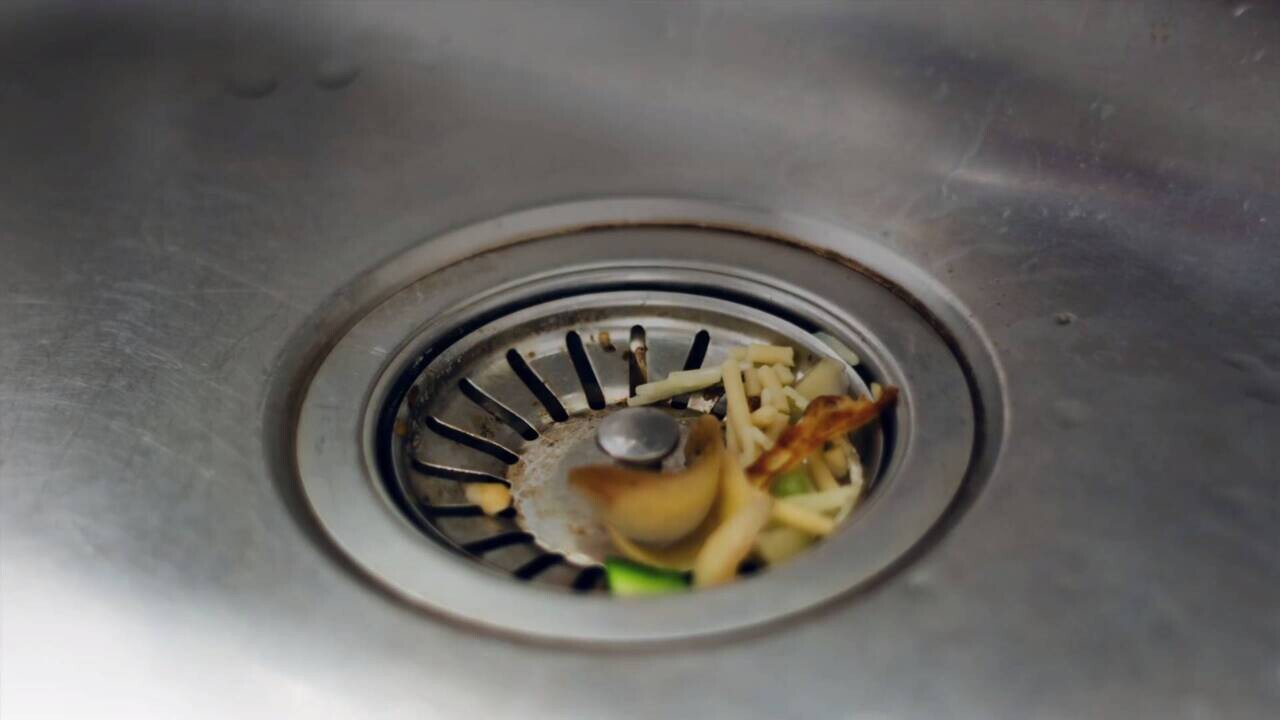
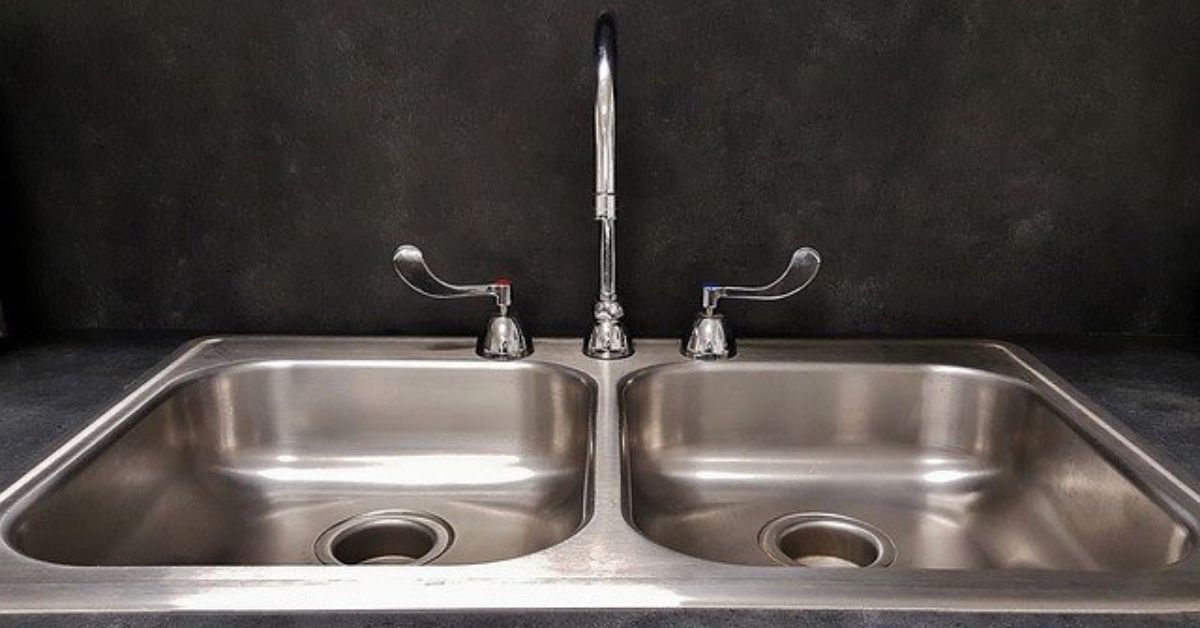
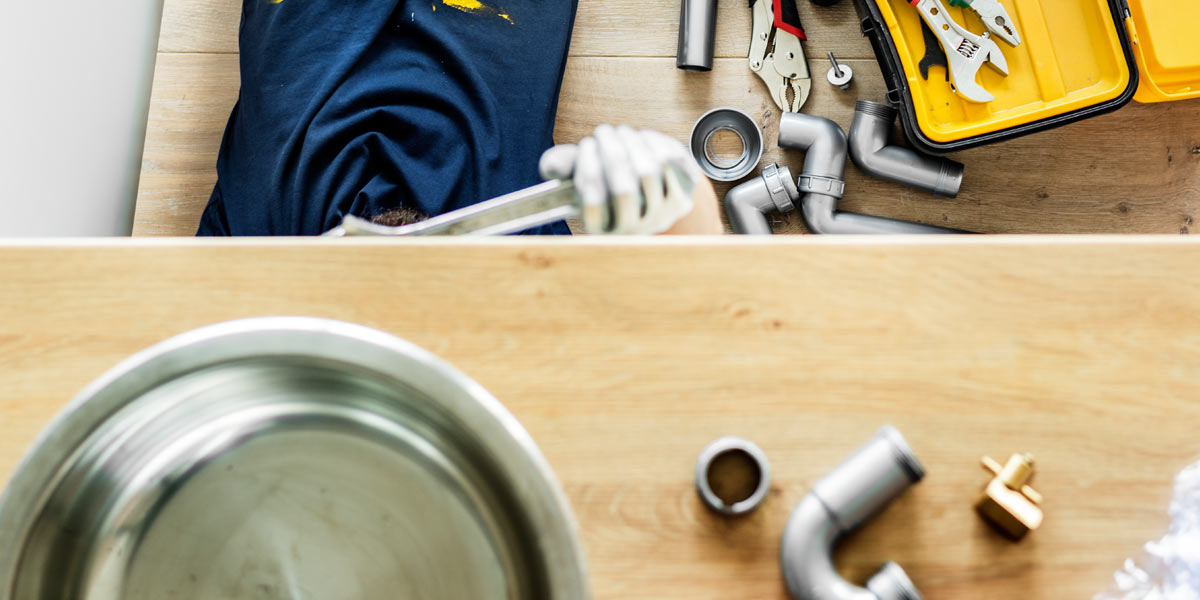



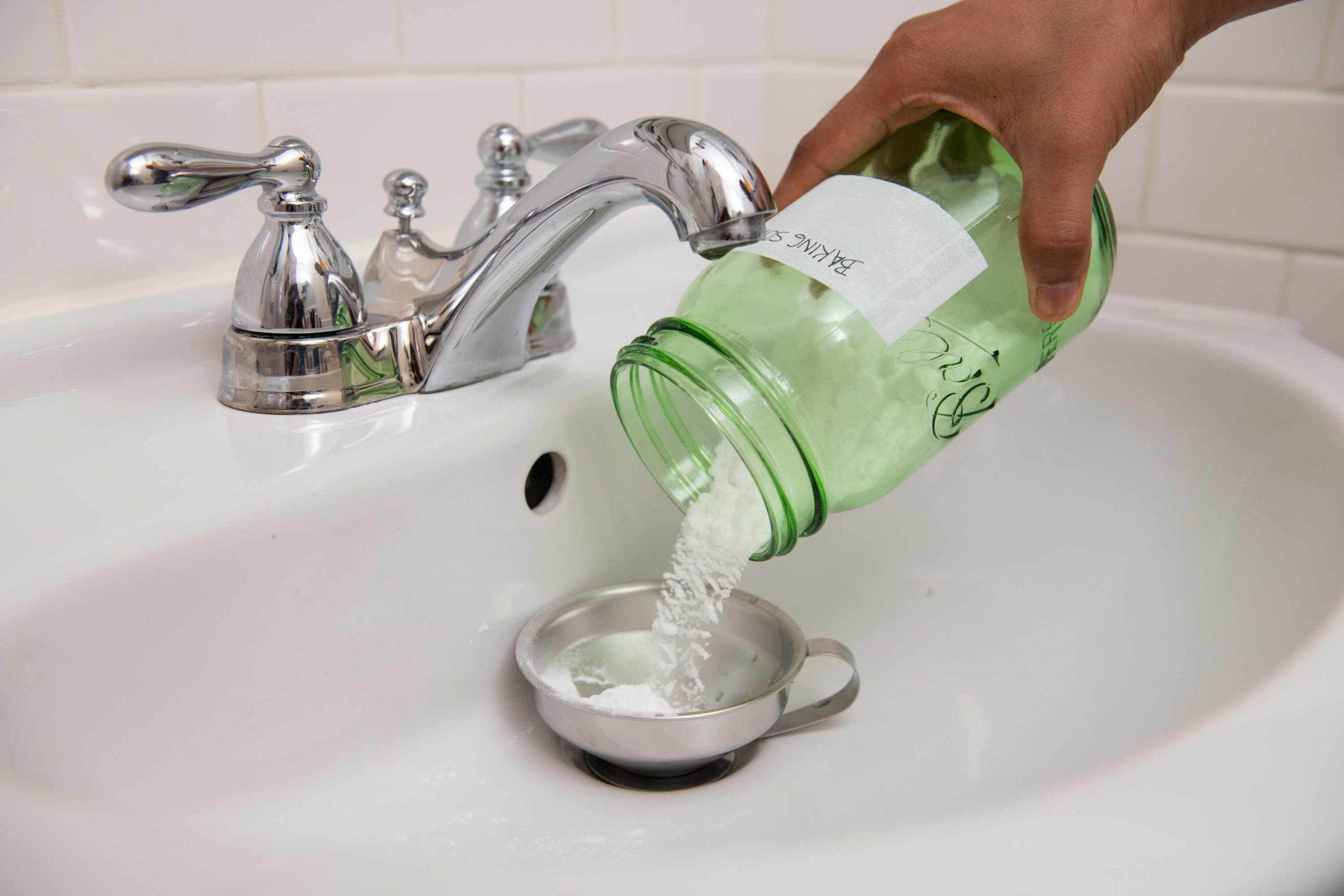
:max_bytes(150000):strip_icc()/freshen-and-unclog-drain-with-baking-soda-1900466-22-bbf940b70afa4d5abef0c54da23b1d3f.jpg)
